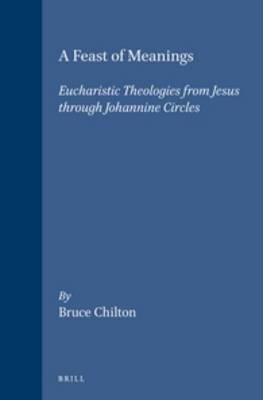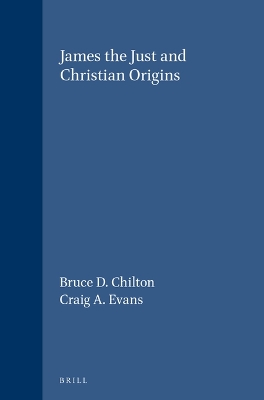Novum Testamentum, Supplements
2 primary works
Book 72
By placing Jesus and his movement first within Judaism and then with Hellenistic society at large, the author shows Jesus did not intend to refer to himself when he spoke of his 'blood' and his 'body'. He meant only to insist that his meals were a better sacrifice than what was offered in the Temple. Later traditions made Jesus himself into the sacrifice.
Book 98
The lack of serious and sustained investigation of the historical figure of James "the Just", brother of Jesus, is one of the curious oversights in modern critical study of Christian origins. James the Just and Christian Origins addresses this problem. The questions that surround this exceedingly important, yet largely ignored figure are several and complicated. Was he really the brother of Jesus? How influential was he in the early church? What was the nature of his relationship to the other apostles, especially to Paul? How did James understand Christianity's relationship to Judaism and to the people of Israel? Out of this grows a very important question: In its generative moment, was Christianity in fact as well as in its self-awareness, a species of Judaism? Contributors from several countries are currently engaged in collaborative study in James and early Jewish Christianity. James the Just and Christian Origins is the first of several planned volumes to be published.

